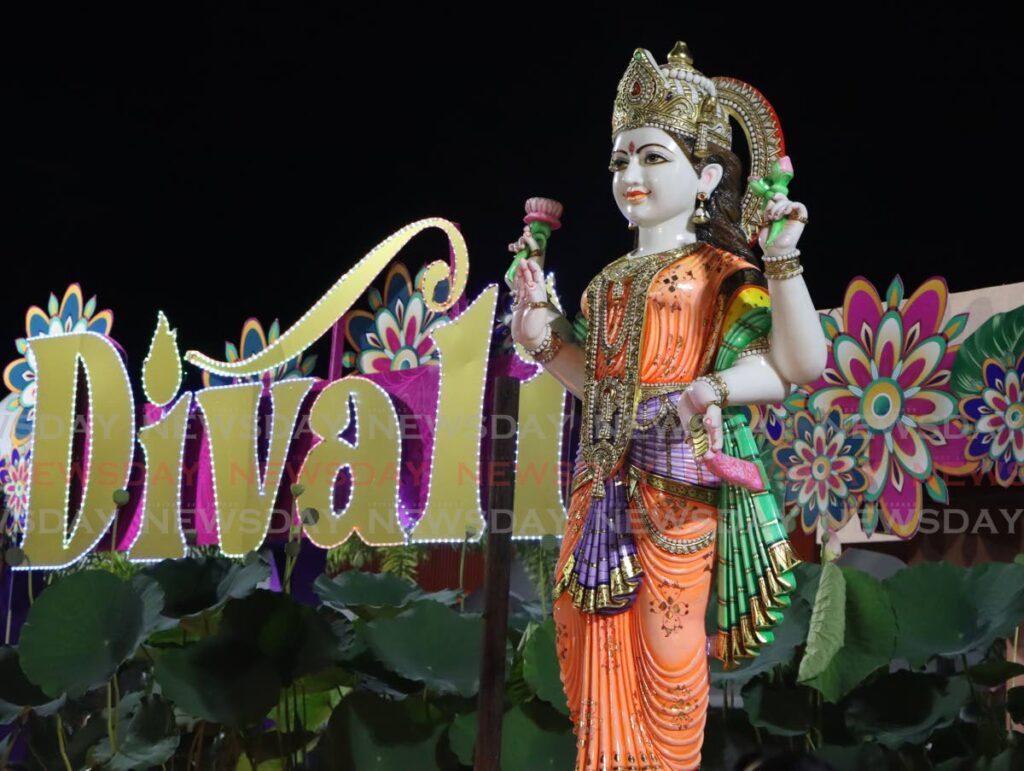Divali lessons for Trinidad and Tobago

THE EDITOR: Divali, also called Deepavali and Diwali, literally means a “row of lights.” For Hindus, it is one of the most festive, popular and vibrant times of the year. It is a time filled with light and warmth; a time when Hindus and non-Hindus all over the world rejoice.
Most importantly, Divali is a religious and spiritual occasion when Hindus gather with family and friends to offer prayers to Maha Lakshmi, light deyas and have delicious delicacies together. Maha Lakshmi is the goddess of wealth and prosperity. Hindus pray to her for peace and joy.
There are many interpretations of the meaning of Divali, its symbols, rituals, and the reasons for celebration. In the Ramayan (Hindu holy book) it teaches of Lord Rama's glorious and long-awaited return to his kingdom of Ayodha, after having been exiled for 14 years in the forest.
His devotees celebrate his return and his triumph over the evil king Rawan. Hindus create a pathway of light by lighting deyas to welcome Lord Rama home.
The story of Divali is based around triumph over evil, righteousness over treachery, truth over falsehood, and light over darkness. It symbolises the eternal struggle between good and evil in ourselves and in the world.
Divali reminds us that good always prevails in the end, if we follow the path of righteousness, kindness, patience, and love. It teaches us to be optimistic and courageous and to fight against evil and to stand for what is right.
Certainly lessons and traits that we need to incorporate now more than ever. Our country needs us to be the best that we can be, not for us alone but for each other and for the future of our children.
May we overcome darkness, all obstacles, and struggles together as one people without hate, malice or ill will.
On behalf of my family and myself, Happy Divali 2024.
NIGEL SEENATHSINGH
San Fernando

Comments
"Divali lessons for Trinidad and Tobago"